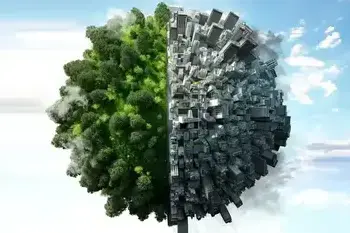Circular Economy does not only help the planet, but can also carry tangible economic benefits for companies that implement resource-efficient productions. British Metals Recycling Association estimates that using steel scrap in the production process reduces carbon emissions by 58% and saves 72% of the energy compared to production from raw resources. At the same time, recycled aluminium and copper require 95% and 85% less energy respectively, compared to primary material production.
Circular Economy also offers opportunities for companies willing to adjust their supply chain or contribute resource-efficient services and raw materials for production. Such activities are not limited to recycling itself, but can also include sustainable design, sourcing, usage optimization as well as platforms enabling reuse and redistribution of goods. This new economic model is backed by the Circular Economy ETF.
